The History Of The Super League, And The Greed Behind It
Football as we know it may be in grave danger after the news that came out today regarding the Super League. The scenes 2 years ago during the lockdown after its initial birth were a sign of what the masses thought of its possible evolution, but unfortunately, it’s showing no signs of going away. Greed has a funny way of rising to the top more often than not, and the selfishness of those behind the Super League are determined to ensure their creation doesn’t fall
The European Court of Justice (ECJ) today ruled that FIFA and UEFA were wrong for imposing sanctions on clubs that wanted to join the Super League. Neither organization has any right to impose sanctions on clubs wanting to join another competition, therefore meaning that neither body has any right to stop the Super League from becoming a true reality.
Florentino Perez had this to say this morning after the news broke about the Super League.
“Maybe we should remind UEFA who Real Madrid are….”
Florentino Perez on the Super League ruling by the ECJ.
Joan Laporta has also spoken out about the ruling. Different clubs are gearing up to accept the proposal to join, but there is currently no word regarding the original English clubs that were part of the setup and pulled out.

Where Did The Super League Begin?
The idea dates back to 1968 when UEFA general secretary Hans Bangerter proposed the creation of a Super League to come in place of the then European Cup, now the Champions League. It was never really taken seriously in those days, but over the coming years, different variations would begin to be proposed by various clubs.
Clubs in Europe flirted with the idea over the next 20 years, but nothing serious in regards to plans ever fully came to fruition. That changed in 2009 when Florentino Perez began to plan for a Super League-like competition. The belief from Perez and others in the football world is that clubs are not being allowed to grow to their full potential.
They believe having to run off the financials they make from success is not the correct way to do things, and think competitions like the Champions League are halting them from becoming even bigger than they already are. Financial Fair Play is something a lot of major players within the infrastructure of European Football believe is holding back what could be in the Super League.

The idea was to create an independent sports competition with all the top sides in it, separate from their current league competitions. The governing body would be outside UEFA and FIFA’s jurisdiction, and that has now been cleared by the ECJ after today’s ruling. UEFA and FIFA no longer have a say in what happens with the Super League, meaning the people involved are free to do whatever they want.
There were originally 15 clubs in the Super League setup, with talks beginning officially in 2018. Real Madrid, Barcelona, Liverpool, Manchester United, Chelsea, Juventus, Manchester City and more were all ready to join the league if it went ahead. Fan backlash changed that however, and one by one several clubs began declaring themselves out of the running for the Super League.
Every club but two ended up leaving the Super League project out of the original 15 clubs in the setup. There are no prizes for guessing which two clubs decided to stay, and they have been fighting to keep their creation alive ever since.
Clubs around Europe may feel like the Premier League is becoming a sort of Super League, and Real Madrid and Barcelona especially are victims of the power shift in recent years. All the money is in the Premier League, and the spending in Spain has significantly dropped when compared to the Premier League. This may be one of the main reasons the two Spanish clubs are so strong in their stance. They want to take back the power and help their clubs grow, and they do not feel that is possible within the realms of the current infrastructure of European Football.

The Backlash:
Gary Neville and Jamie Carragher were national heroes in the Sky Broadcast after the Super League news broke. Neville especially really dug deep when speaking about the whole thing being the “attempted murder of English Football”. The Super League would effectively put a massive strain on the rest of the clubs in England outside the elite, and with the big six clubs who generate so much revenue for the league through television money gone out of the league, it could see the dismemberment of the league we know and love before our very eyes. The fans however felt they could do something about it, and so they did.
The biggest protests came at Old Trafford. They had more reasons than one to protest on that day, having been doing so against their owners for the last 15 years due to their greed. The Super League was the final straw, and the fans caused uproar outside the ground. The Liverpool vs Manchester United game was called off as a result of the protests, in what was both a dark day for English football and a bright one at the same time. A dark day due to the protests, but a bright day as the protests meant good triumphed against evil.
What Is The Proposal?
The proposal from A22 is as follows.
- 64 Teams.
- 3 Divisions.
- 14 games a season.
- 7 Home, 7 Away.
- Open Competition with two phases, League and play-offs.
The broadcast of the competition is set to be free for all. A huge change from the TV package deals right now which makes the likes of Sky and BT billions over a few years. There will be three different categories for teams to enter regarding the Super League. The Star League, Gold, and Blue. The criteria for each club have yet to be mentioned as of yet, but it’s likely to be the most prestigious and successful club in the Star League.
Which Teams Have Accepted?
The teams that are rumored to have accepted the proposal are as follows.
- PSV
- Feyenoord
- Barcelona
- Real Madrid
- Anderlecht
- Benfica
- Porto
- Red Star Belgrade
- Juventus
- Inter Milan
- AC Milan
It will be interesting to see whether the English clubs revisit the idea. Mike Keegan has reported today that the owners of the clubs in England are aware of the fan backlash after the last debacle, and currently view it as foolish to revisit the idea. There is however the knowledge that neither Liverpool nor Manchester United’s owners wanted to fully sell the club after looking for investment in the last year, and it’s likely both the Glazers and FSG knew that the Super League would rear its head again.
Chelsea has been under new ownership since the last time the Super League was a topic, but it’s unlikely considering the way American Sports work that Todd Boehly will be against the idea of joining the Super League. His spending over the last year also suggests he’s almost been expecting it to happen.
Which Clubs Have Rejected It?
Manchester United have today rejected it. They are the first English club to release a statement regarding the Super League and have declared their position on the situation has not changed since the last time it came into conversation in 2021. English football is working on an independent regulator that would stop clubs from breaking away and joining an alternative competition. The legislation for that is set to come in shortly, meaning clubs like United and Liverpool would legally be forbidden from breaking away from the Premier League.
“Our position has NOT changed”. “We remain fully committed to participation in UEFA competitions, and to positive cooperation with UEFA, the Premier League, and fellow clubs through the ECA on the continued development of the European game”.
Manchester United reject the Super League.
Athletico Madrid has also joined the list of clubs who have rejected the idea of a Super League, going against the hopes of their cross-city neighbors Real Madrid.
Other clubs who have rejected the Super League:
- Bayern Munich
- Valencia
- Valladolid
- Tenerife
- Granada
- Levante
- Sevilla
- Girona
- The Entire Ligue 1
Read More Attacking Football:
- Who Is Amad Diallo? Unraveling The Story Of Manchester United’s Rising Star
- My Tactical Sunday: Chelsea vs Manchester City
- The Problem With Erik ten Hag
- How Many People Play Fantasy Premier League (FPL)?
- Kaide Gordon: What Has Happened With Liverpool’s Promising Star?


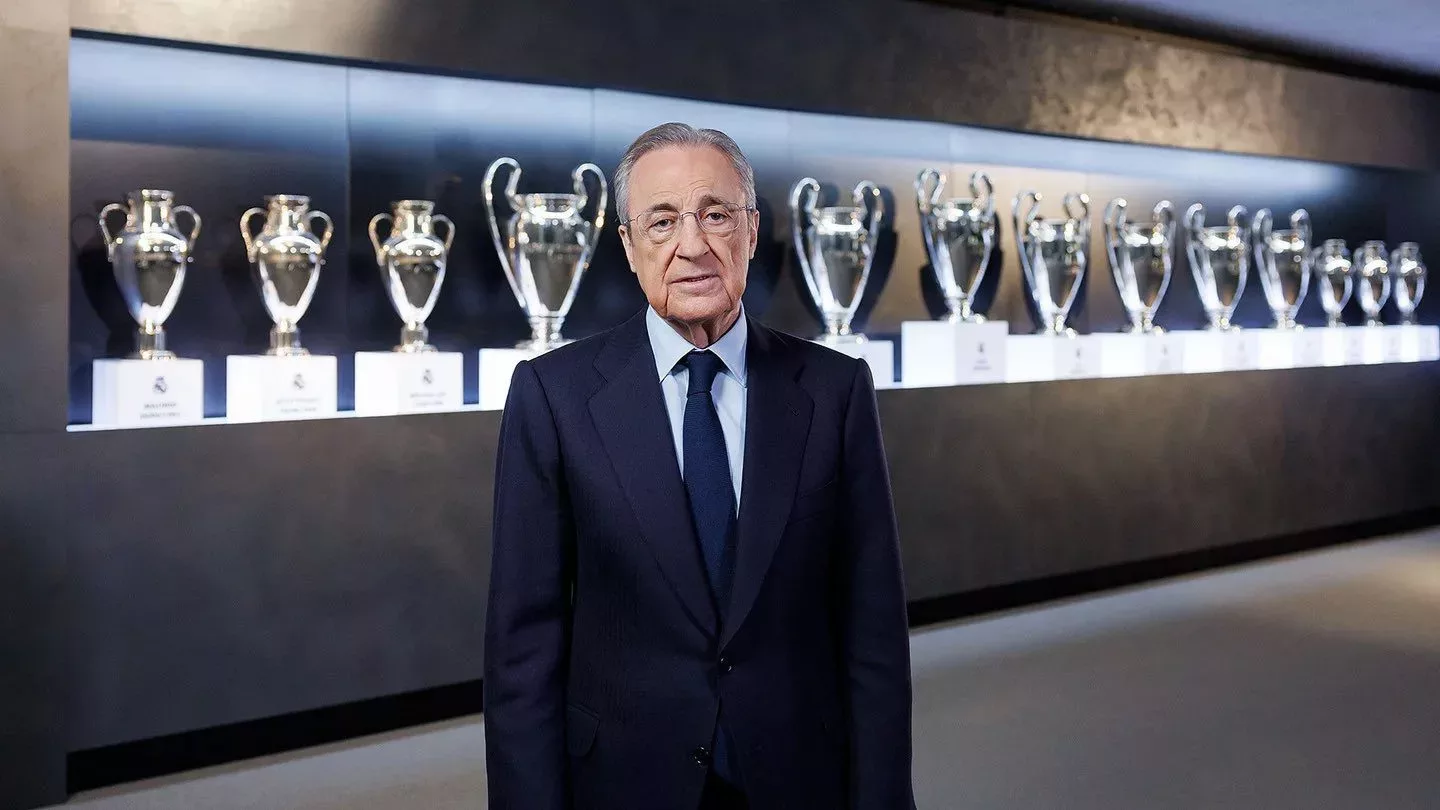
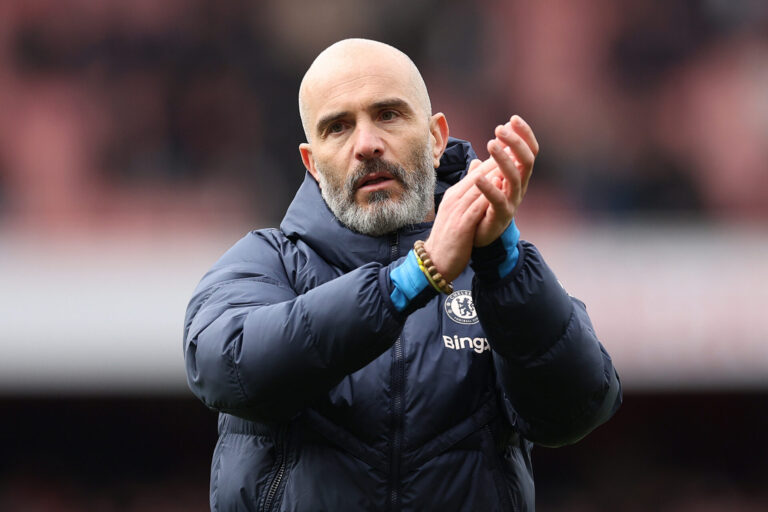
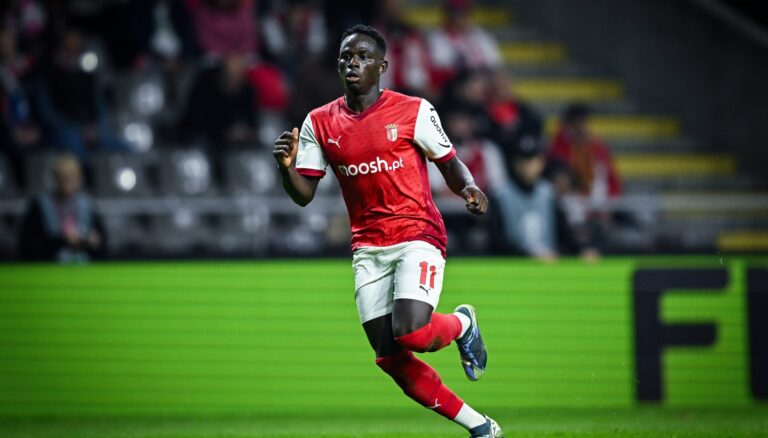

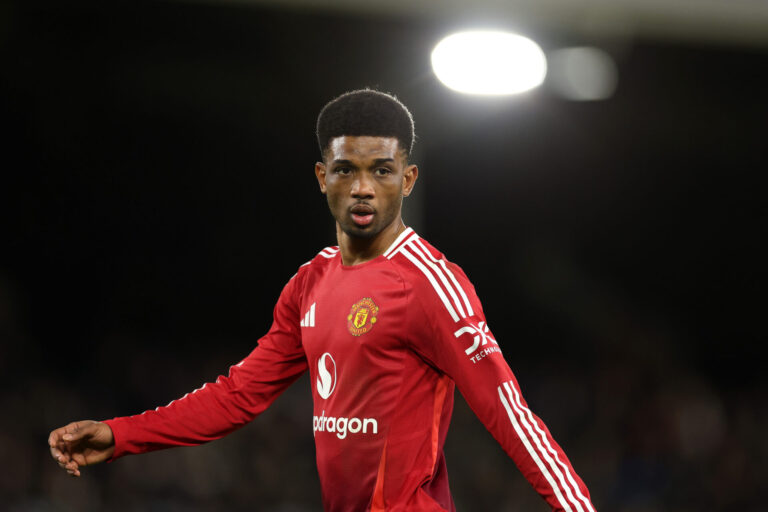
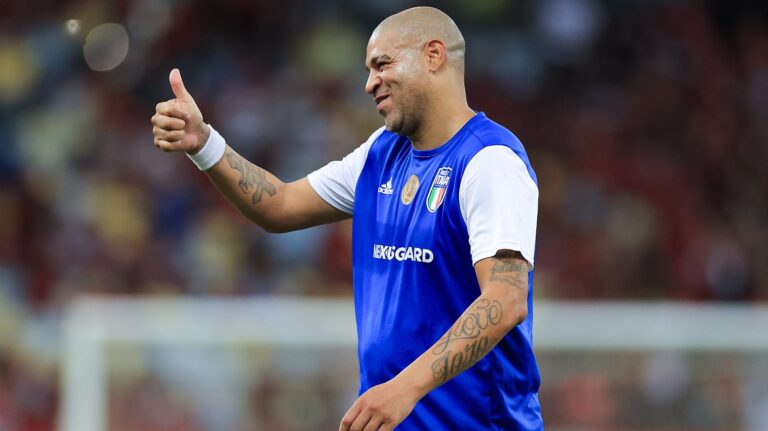
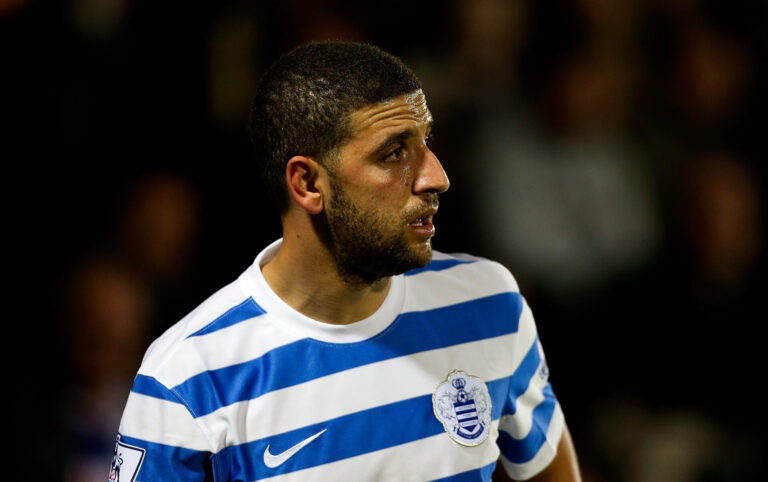
2 Comments